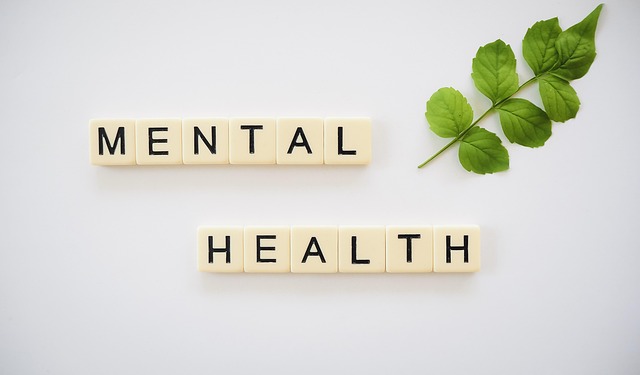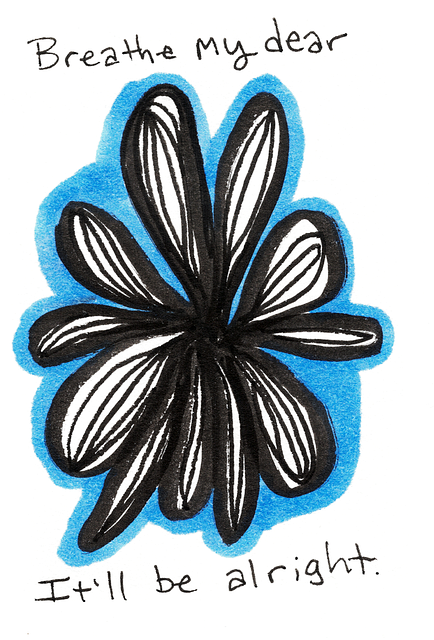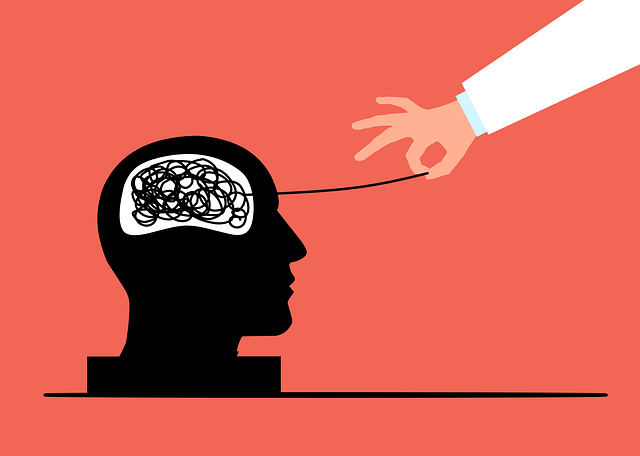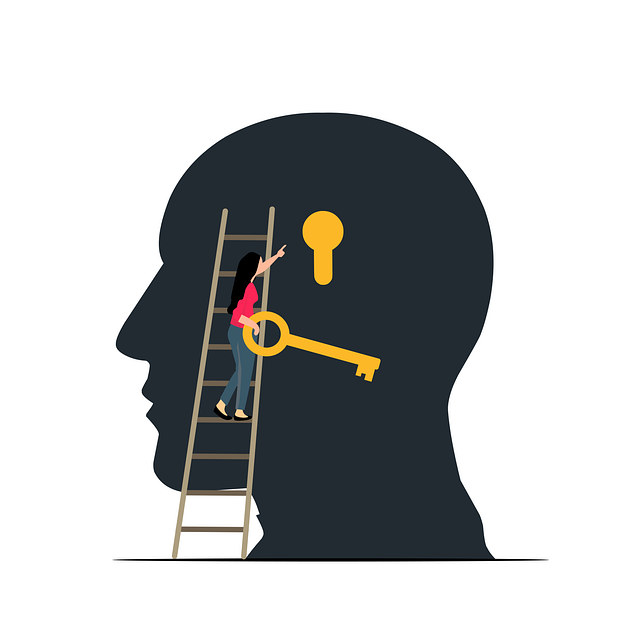Parker Blended Families Therapy offers a comprehensive approach to mental wellness for blended families, addressing unique challenges through specialized services, education, and cultural competency training. They emphasize self-awareness, emotional intelligence, and stress management to prevent burnout, enhance overall well-being, and strengthen family bonds. By integrating self-care practices like mindfulness, open communication, and stress reduction techniques into daily routines, individuals within blended families can cultivate resilience and foster happier environments. Parker Blended Families Therapy provides tailored support, progress tracking, and iterative adjustments to ensure effective self-care strategies for all family members.
Self-care is an essential practice for maintaining mental health, yet it’s often overlooked, especially within blended families. This article explores the unique challenges these families face and offers a comprehensive guide to enhancing self-care routines. We delve into evidence-based strategies, including the holistic approach of Parker Blended Families Therapy, to help individuals and families prioritize their wellbeing. Discover practical tips on integrating self-care into daily life, measuring progress, and creating a personalized plan that supports mental health and fosters stronger relationships.
- Understanding Self-Care and Its Impact on Mental Health
- The Unique Challenges of Blended Families and Self-Care
- Parker Blended Families Therapy: A Holistic Approach to Family Wellbeing
- Strategies for Integrating Self-Care into Daily Life
- Measuring Success: Tracking Progress and Adjusting Your Self-Care Plan
Understanding Self-Care and Its Impact on Mental Health

Self-care is an essential practice that involves taking proactive steps to nurture and support one’s physical, mental, and emotional well-being. It’s about recognizing and prioritizing your needs, which can significantly impact your overall mental health and resilience. In today’s fast-paced world, where stress and pressure are prevalent, especially within blended families, incorporating self-care routines becomes crucial for maintaining balance. Parker Blended Families Therapy emphasizes the importance of self-awareness and emotional intelligence in navigating family dynamics, helping individuals understand their triggers and develop healthy coping mechanisms.
By integrating self-care strategies, such as mindfulness practices, stress management techniques, and engaging in activities that bring joy, individuals can reduce the risk of burnout prevention. Mental Health Education Programs Design can play a pivotal role in teaching individuals how to recognize signs of mental health struggles and equip them with tools to enhance their emotional well-being. This proactive approach not only benefits individuals but also fosters healthier relationships within blended families, creating a supportive environment conducive to overall mental health and happiness.
The Unique Challenges of Blended Families and Self-Care

Blended families, a modern reality for many, present unique challenges when it comes to self-care and emotional well-being. With stepparents, stepsiblings, and often diverse cultural backgrounds, these families navigate complex dynamics that can impact mental wellness. The dynamic nature of blended families means adjusting to new roles, relationships, and routines, which may lead to increased stress levels and a need for tailored support.
Parker Blended Families Therapy recognizes these challenges and offers specialized services to promote emotional well-being promotion techniques for all family members. Through our Mental Wellness Podcast Series Production, we provide accessible resources and stories from diverse blended families, fostering a sense of community and normalcy. Additionally, Healthcare Provider Cultural Competency Training is an integral part of our approach, ensuring professionals are equipped to offer sensitive and effective support to blended families navigating their unique journeys towards mental wellness.
Parker Blended Families Therapy: A Holistic Approach to Family Wellbeing

Parker Blended Families Therapy offers a holistic approach to family wellbeing, addressing the complex dynamics within blended families. This therapy model recognizes that family structures have evolved, and modern families often include step-parents, half-siblings, and diverse relationships. By focusing on the unique challenges these families face, Parker Blended Families Therapy provides a safe space for open communication and emotional processing.
The practice emphasizes the importance of Emotional Intelligence (EQ) in fostering strong family connections. Through EQ development and cultural competency training for healthcare providers, families can navigate sensitive topics, manage conflicts, and build deeper understandings. Additionally, Burnout Prevention Strategies for Healthcare Providers are integrated into the process, ensuring that both families and therapists maintain resilience during the therapeutic journey.
Strategies for Integrating Self-Care into Daily Life

Integrating self-care into daily life is a crucial step towards overall well-being, especially for those navigating complex dynamics like blended families. At Parker Blended Families Therapy, we emphasize the importance of prioritizing personal care to foster healthier relationships and enhance family harmony. One effective strategy is to allocate dedicated time for activities that promote relaxation and stress reduction. This could include practicing mindfulness through meditation or deep breathing exercises, engaging in regular physical activity, or pursuing hobbies that bring joy and a sense of accomplishment.
Additionally, cultivating positive thinking and reframing negative thoughts can significantly contribute to self-care. Encouraging open communication within the family unit allows everyone to express their feelings and needs. By implementing effective stress management techniques, such as setting boundaries, delegating tasks, and practicing good sleep hygiene, blended families can create a more balanced and supportive environment. These practices not only alleviate anxiety but also empower individuals to better cope with life’s challenges, fostering a sense of resilience and overall mental well-being.
Measuring Success: Tracking Progress and Adjusting Your Self-Care Plan

Tracking your progress is a vital component of any successful self-care journey. It allows individuals to gain clarity on what strategies are effectively nurturing their mental and emotional well-being, and which areas may need refinement. This process involves setting specific, measurable goals related to various aspects of self-care, such as stress management, sleep hygiene, or social connection. For instance, a goal could be to meditate for 15 minutes daily to foster compassion cultivation practices, with the ability to measure progress through a journal or dedicated apps. By regularly reviewing these records, individuals can identify patterns and make informed decisions about their self-care plan.
At Parker Blended Families Therapy, we emphasize the importance of tailored self-care plans. Recognizing that each individual’s needs are unique, especially within blended families, our therapists work closely with clients to track progress towards personal goals. This may include adjusting routines, incorporating new mindfulness practices or even seeking additional support for depression prevention, as seen in many public awareness campaigns development initiatives. Through this iterative process, individuals can optimize their self-care approach, ensuring it remains relevant and impactful over time.
Self-care is a transformative practice, especially within the context of blended families. By acknowledging and addressing unique challenges, such as those explored in Parker Blended Families Therapy, individuals can cultivate holistic wellbeing. Incorporating strategies like structured self-care routines and tracking progress through measurement tools empowers everyone involved to thrive. This comprehensive approach ensures that mental health improvements are sustainable and tailored to each family’s unique needs.














